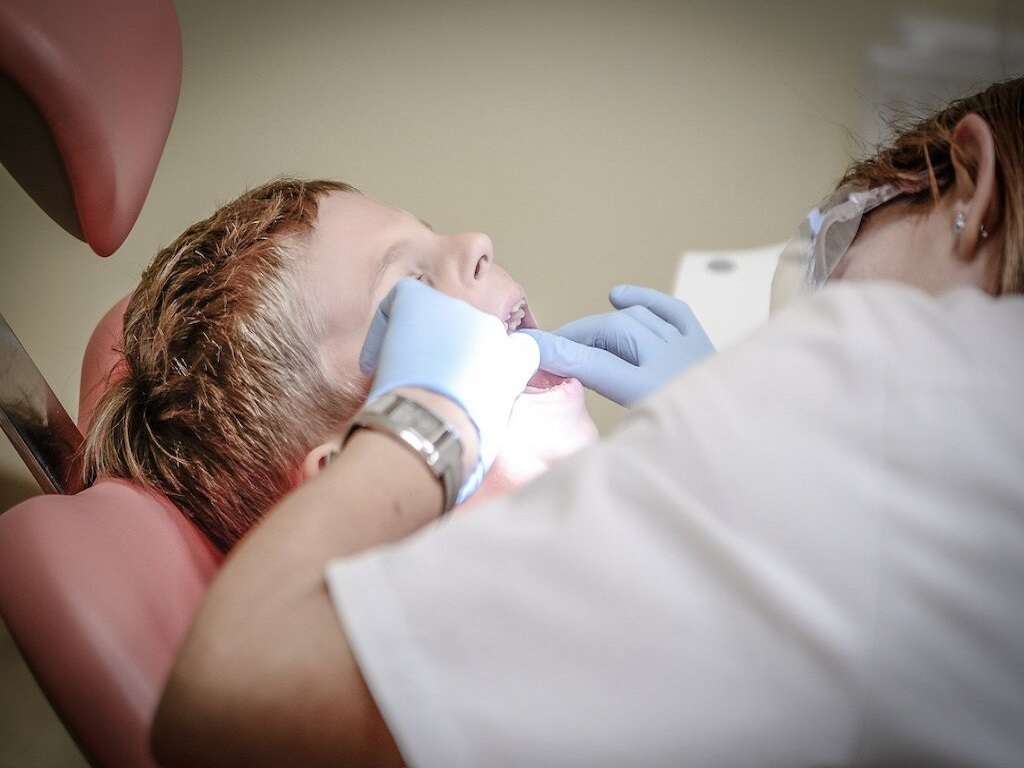10 Laryngitis Symptoms
 Article Sources
Article Sources
- 1. 'Laryngitis.' Johns Hopkins Medicine, www.hopkinsmedicine.org/health/conditions-and-diseases/laryngitis
- 2. 'Laryngitis.' Healthdirect, Healthdirect Australia, www.healthdirect.gov.au/laryngitis
- 3. 'Laryngitis Diagnosis and Treatment.' Mayo Clinic, Mayo Foundation for Medical Education and Research, 24 July 2020, www.mayoclinic.org/diseases-conditions/laryngitis/diagnosis-treatment/drc-20374267
- 4. 'Laryngitis.' Mayo Clinic, Mayo Foundation for Medical Education and Research, 24 July 2020, www.mayoclinic.org/diseases-conditions/laryngitis/symptoms-causes/syc-20374262
- 5. 'Fever.' MedlinePlus, U.S. National Library of Medicine, 13 Apr. 2021, medlineplus.gov/fever.html
- 6. 'Laryngitis: MedlinePlus Medical Encyclopedia.' MedlinePlus, U.S. National Library of Medicine, medlineplus.gov/ency/article/001385.htm
- 7. 'Swollen Lymph Nodes.' Mayo Clinic, Mayo Foundation for Medical Education and Research, 9 Oct. 2019, www.mayoclinic.org/diseases-conditions/swollen-lymph-nodes/symptoms-causes/syc-20353902
Dry Cough
Laryngitis may produce a dry cough. Dry coughs aren't productive, meaning they don't bring up any mucus or phlegm. A dry cough is a common bodily reaction to the inflammation in your throat. This cough may happen alongside a tickling or itching sensation.
A dry cough can make sore throats and inflammation in laryngitis worse because it's irritating. Over-the-counter or prescription medications can help manage coughing so the vocal cords have time to heal.
Advertisement










